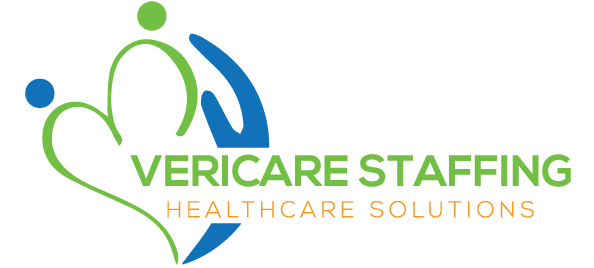CRNAs: Certified Registered Nurse Anesthetists (CRNAs) are advanced practice registered nurses specializing in providing anesthesia care. They work collaboratively with surgeons, anesthesiologists, and other healthcare professionals to administer anesthesia during surgical procedures. CRNAs are responsible for assessing patients, developing anesthesia plans, administering anesthesia medications, monitoring patients’ vital signs, and managing post-anesthesia recovery. Their expertise in anesthesia allows them to ensure patient comfort and safety throughout the surgical process.
PNs: Practical Nurses (PNs), also known as Licensed Practical Nurses (LPNs), are essential members of the healthcare team who provide basic nursing care under the supervision of registered nurses or physicians. They assist with patient assessments, administer medications, monitor vital signs, dress wounds, collect samples for laboratory testing, and provide emotional support to patients and their families. PNs play a crucial role in ensuring patients’ overall well-being in various healthcare settings.
RNs: Registered Nurses (RNs) are highly trained healthcare professionals who provide direct patient care, coordinate care plans, educate patients and their families, and advocate for patient rights. They work in diverse healthcare settings such as hospitals, clinics, nursing homes, schools, and community health centers. RNs perform various tasks, including administering medications, conducting physical assessments, managing patient care plans, providing patient education, and collaborating with other healthcare professionals to ensure optimal patient outcomes.
LPNs: Licensed Practical Nurses (LPNs) work under the supervision of registered nurses or physicians to provide primary nursing care to patients. They assist with activities such as taking vital signs, administering medications, dressing wounds, collecting samples for laboratory testing, and providing personal care to patients. LPNs play a vital role in supporting the overall healthcare team and ensuring the comfort and well-being of patients.
CNAs: Certified Nursing Assistants (CNAs) are integral healthcare team members who provide direct patient care under the supervision of registered nurses or licensed practical nurses. They assist with activities of daily living such as bathing, dressing, feeding, and mobility. CNAs also take vital signs, record patient information, help with medical procedures, and provide emotional support to patients. Their presence is crucial in maintaining patient comfort and promoting a safe healthcare environment.
